President Joe Biden has proposed a significant increase in the capital gains tax rate, which would raise the top rate to 44.6% from the current 20%.
This change targets high-income earners, particularly affecting those with an annual taxable income exceeding $1 million. The administration believes this could help address the racial wealth gap.
The Demographic Impact of Tax Changes
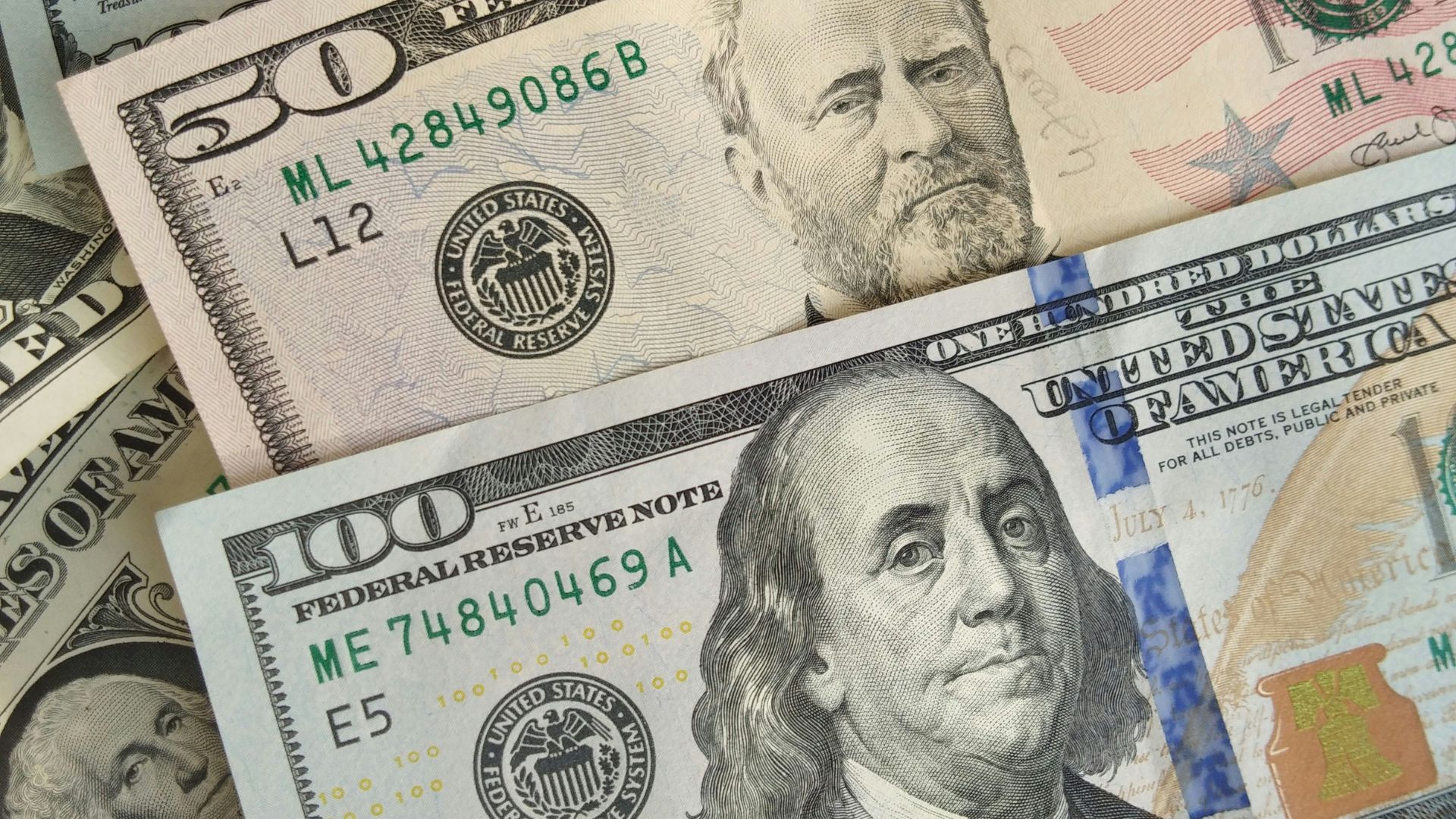
Newsweek reports that the demographic most affected by the proposed changes in capital gains taxes are predominantly white, as stated by the administration.
Implementing this policy is part of a broader strategy aimed at reducing racial disparities in wealth, which have persisted despite some progress in areas like education and corporate diversity.
Combined Tax Burden Could Reach 59%

Under the new proposal, some high-income earners could face a combined state and federal capital gains tax rate of up to 59%.
Including the new federal proposal along with existing state capital gains taxes, the policy would significantly increase the tax burden on wealthy investors.
Addressing the Racial Wealth Gap

The administration’s budget suggests that increasing the capital gains tax rate could contribute to reducing the racial wealth gap.
Despite advancements in educational attainment and increased diversity in corporate leadership, substantial economic disparities remain between racial groups.
Criticism of the Tax Reform
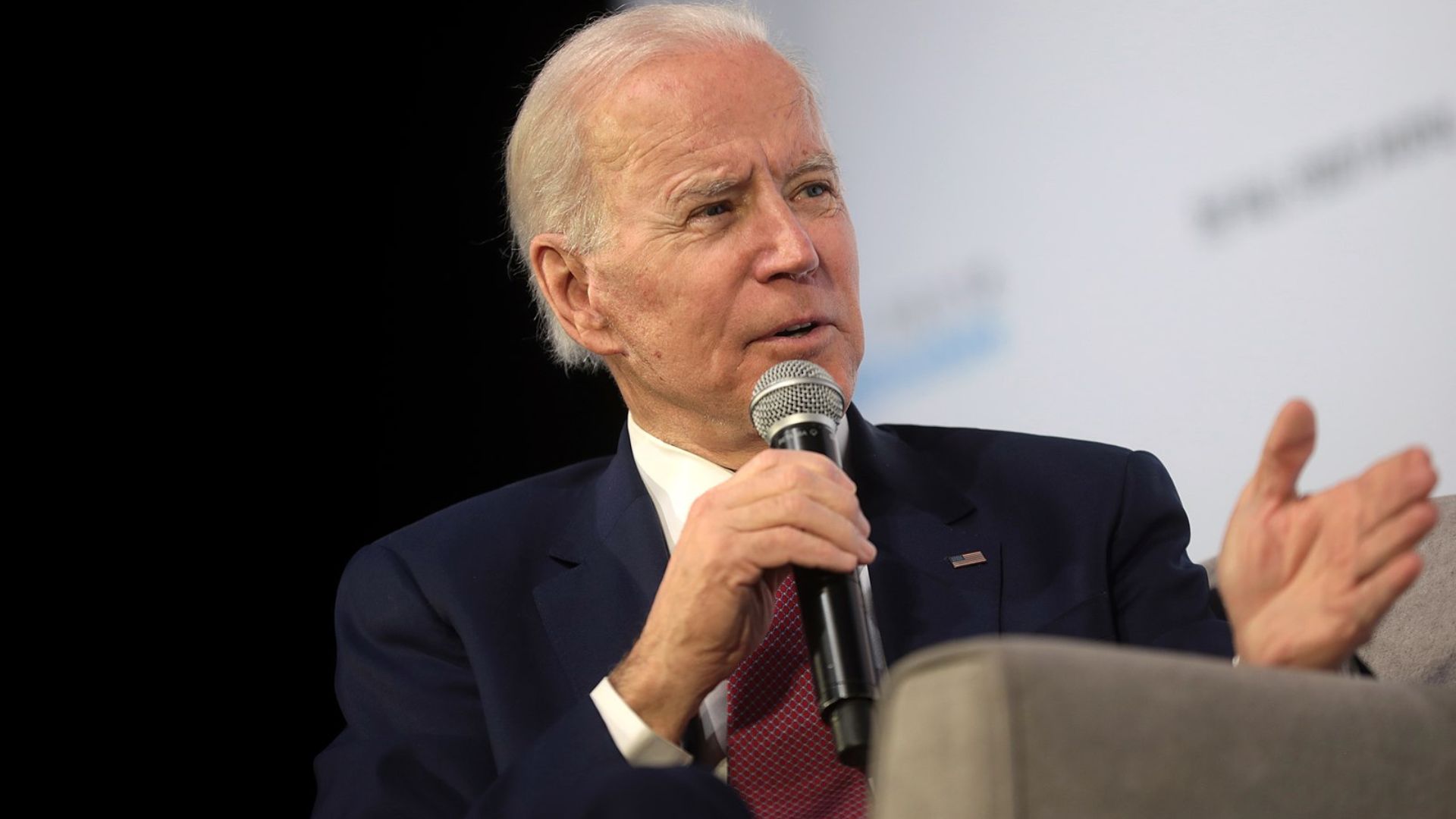
Critics argue that the tax reform serves a political rather than practical purpose.
“It’s a complete mess, and it produces anything but equality,” Michael Seifert, CEO of digital marketplace PublicSquare, expressed his concerns to The National Desk about the reform’s effectiveness in achieving its intended goals.
Broader Economic Concerns

Alex Beene, a financial literacy instructor at the University of Tennessee at Martin, voiced concerns to Newsweek about the implications of taxing unrealized gains.
He said, “The potential tax on unrealized long term capital gains is limited to taxpayers with over $100 million in assets… the idea of taxing the value of asset that has yet to be sold is difficult to set.”
The Debate Over Wealth Taxation
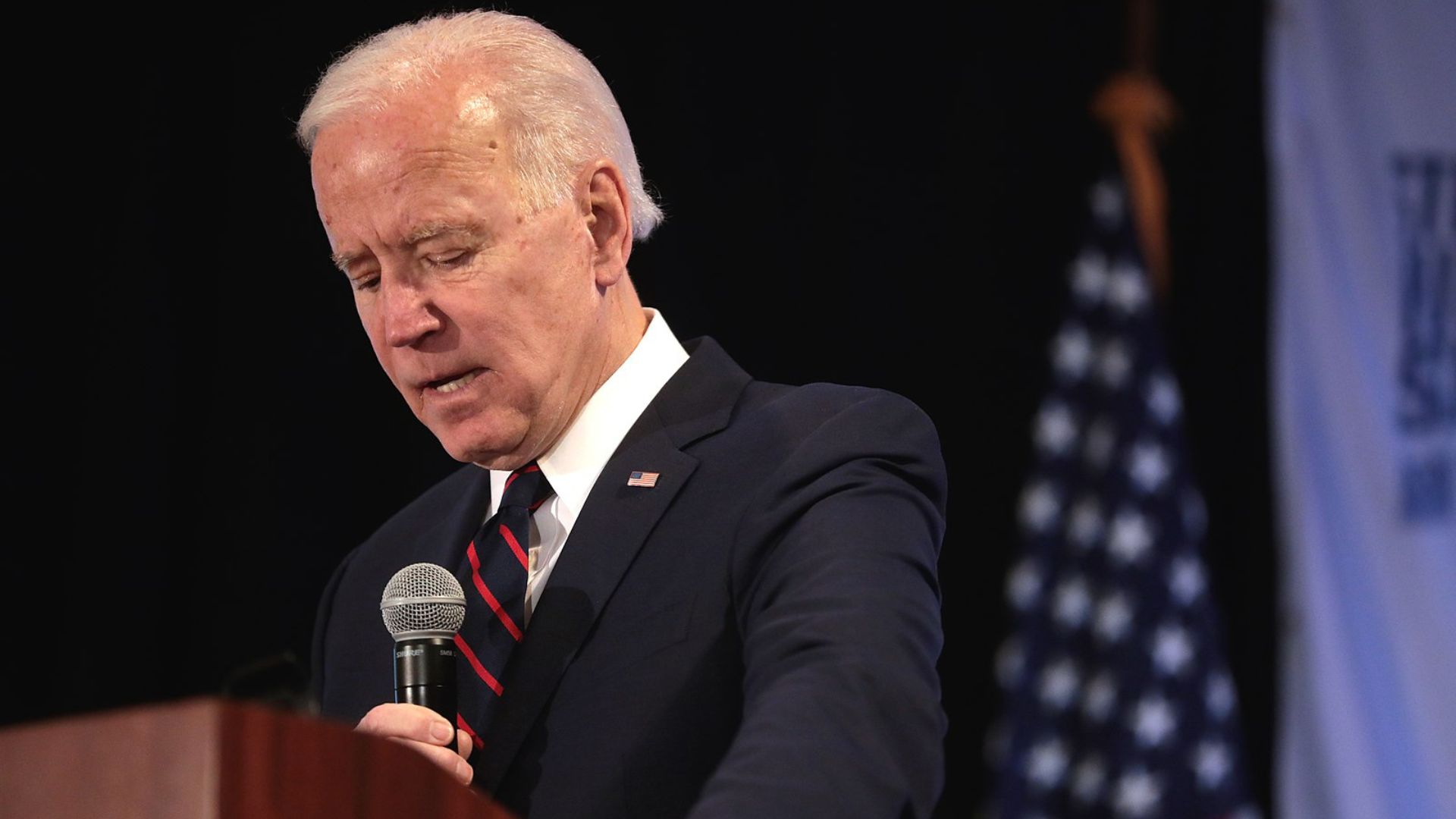
As the Biden administration’s budget undergoes scrutiny, it sparks a debate about the effectiveness of taxing the wealthiest Americans more heavily.
The discussion centers on whether such tax policies can equitably redistribute wealth and address systemic economic disparities.
Potential Impact on Investment

Michael Ryan, a finance expert, told Newsweek that doubling the capital gains rate might deter investment and entrepreneurship, which are vital for economic growth.
He noted that historically, lower capital gains taxes have encouraged his clients to invest more in their businesses.
Tax Policies Could Hurt Job Growth

Some analysts are also worried that these new tax policies could potentially hurt both economic growth and the creation of jobs.
If business owners do not have more money to put back into their business or the economy, experts worry that they won’t willingly help create more jobs.
Business Could Be Harmed

Some analysts have stated that businesses could be harmed across the board thanks to all of Biden’s tax proposals.
The U.S. Chamber of Commerce’s chief policy officer Neil Bradley said that Biden’s tax policies would lead to fewer new businesses being started.
Structural Problems Remain Unaddressed

Ryan further argued that the proposed tax changes do not address the fundamental systemic issues that contribute to racial wealth disparities.
He highlighted issues such as unequal access to quality education and career opportunities.
Tackling the Real Issues

Ryan has explained that instead of pushing for this tax policy, the Biden administration may have more success by tackling the real issues of racial wealth disparity.
“I know the racial wealth gap has roots in systemic obstacles like unequal access to quality education, career opportunities, business loans, and generational wealth transfer,” Ryan said. “A blunt capital gains tax hike doesn’t really tackle those underlying issues.”
Criticism from Financial Experts
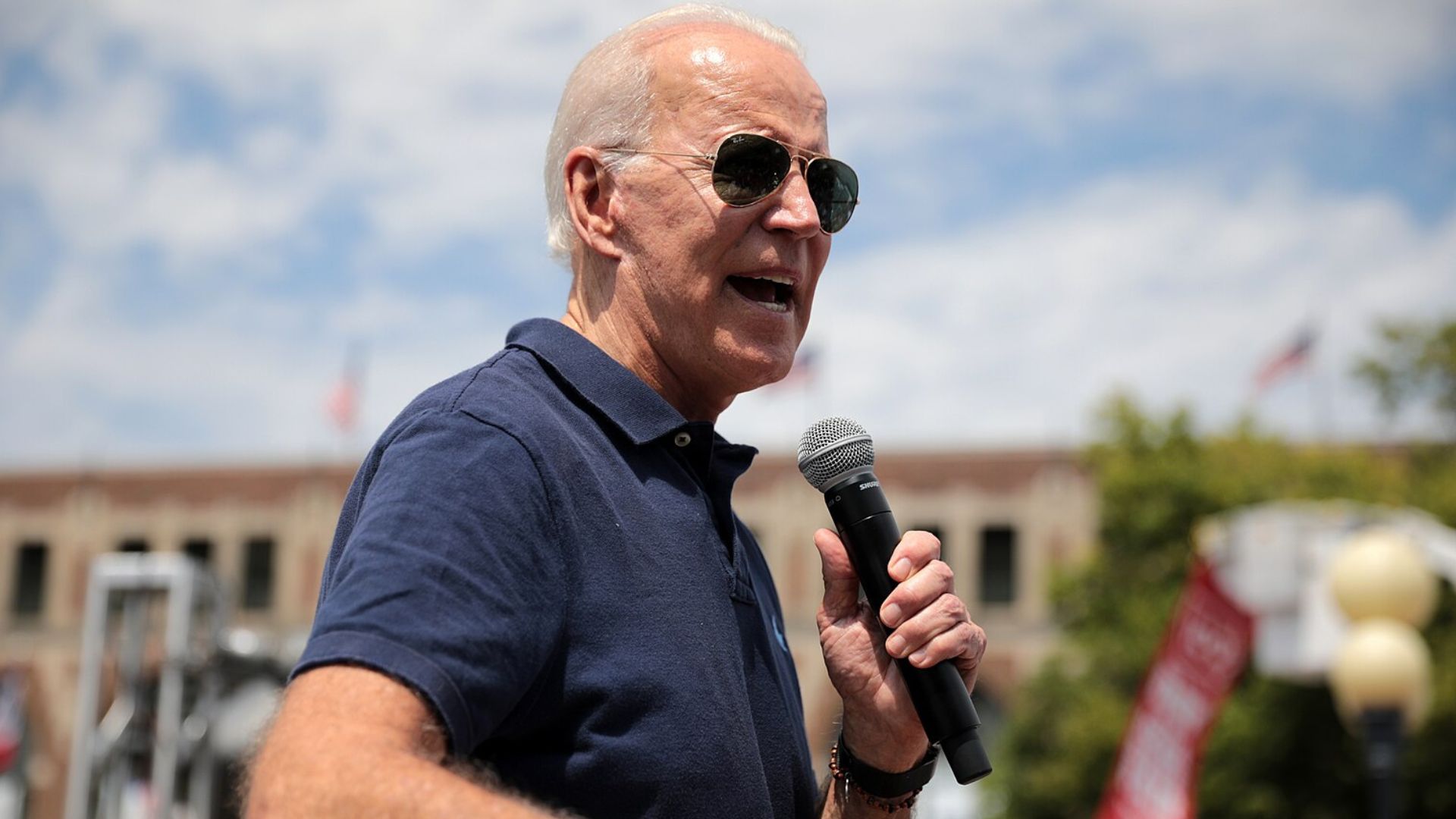
The approach of taxing unrealized gains has been particularly controversial.
Charles Payne, a Fox Business journalist, criticized the policy on X, formerly Twitter, stating, “Taxing unrealized ‘gains’ from white folks doesn’t make Black folks more prosperous—it’s just a bogus and un-American excuse for confiscation.”
Conservative Outrage
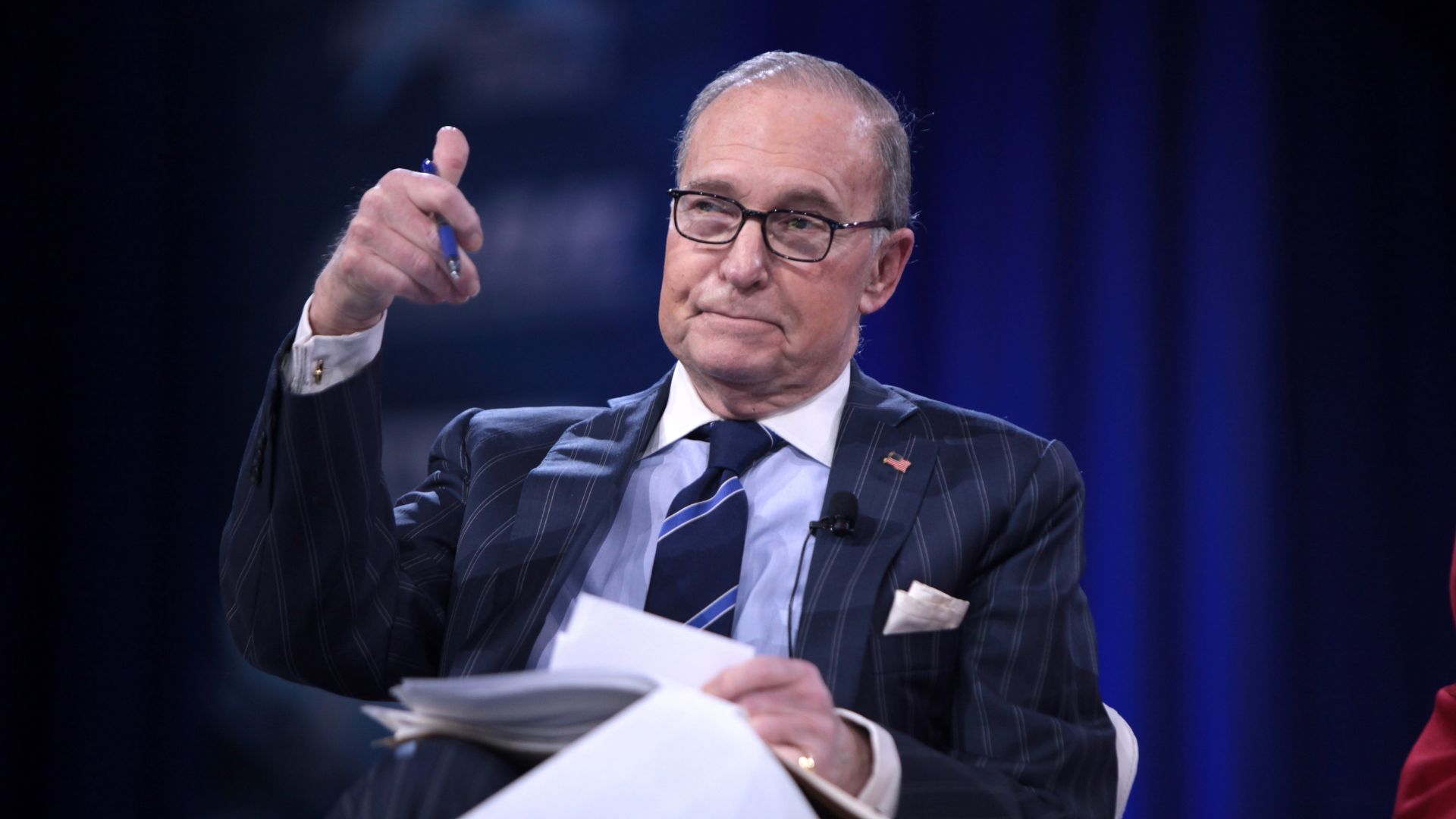
Some conservative pundits on networks like Fox News have already called out Biden and his tax policy proposals. Larry Kudlow discussed how these tax policies could harm Americans on his Fox Business show.
“The Biden budget has come up with this crazy idea of taxing white people because they own more assets than people of color. So, Bidenomics seeks to raise the capital gains tax all the way up to 44.6 percent,” Kudlow said.
Biden vs Trump
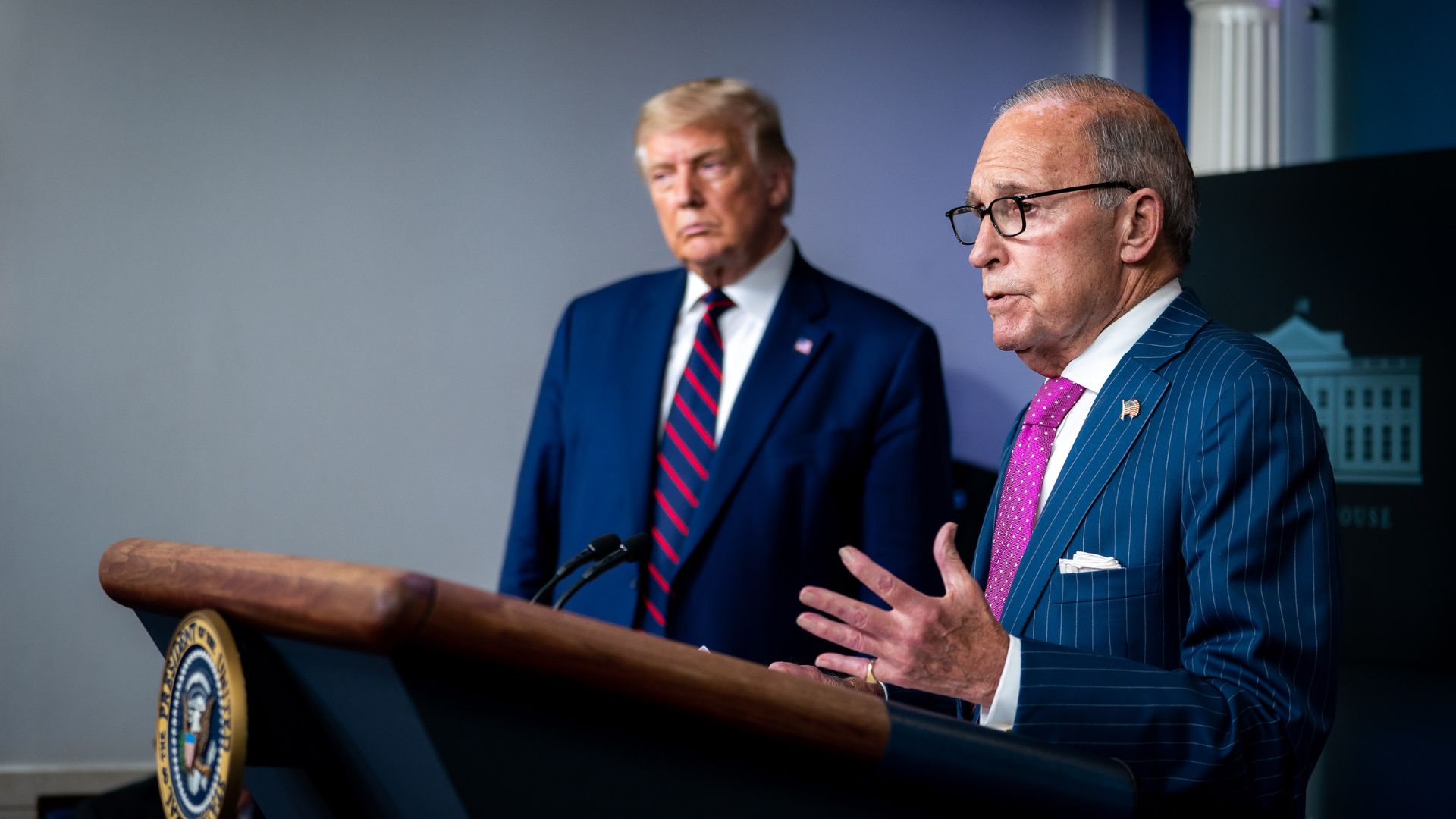
Kudlow further stated that Hispanic and Black businesses did better when former President Donald Trump was in the White House.
Kudlow added, “And the Janet Yellen Treasury Department points out that white families disproportionately hold assets. Well, yes, we know that, but we also know during the Trump years, Hispanic and Black businesses prospered.”
Focus on Wealth Inequality
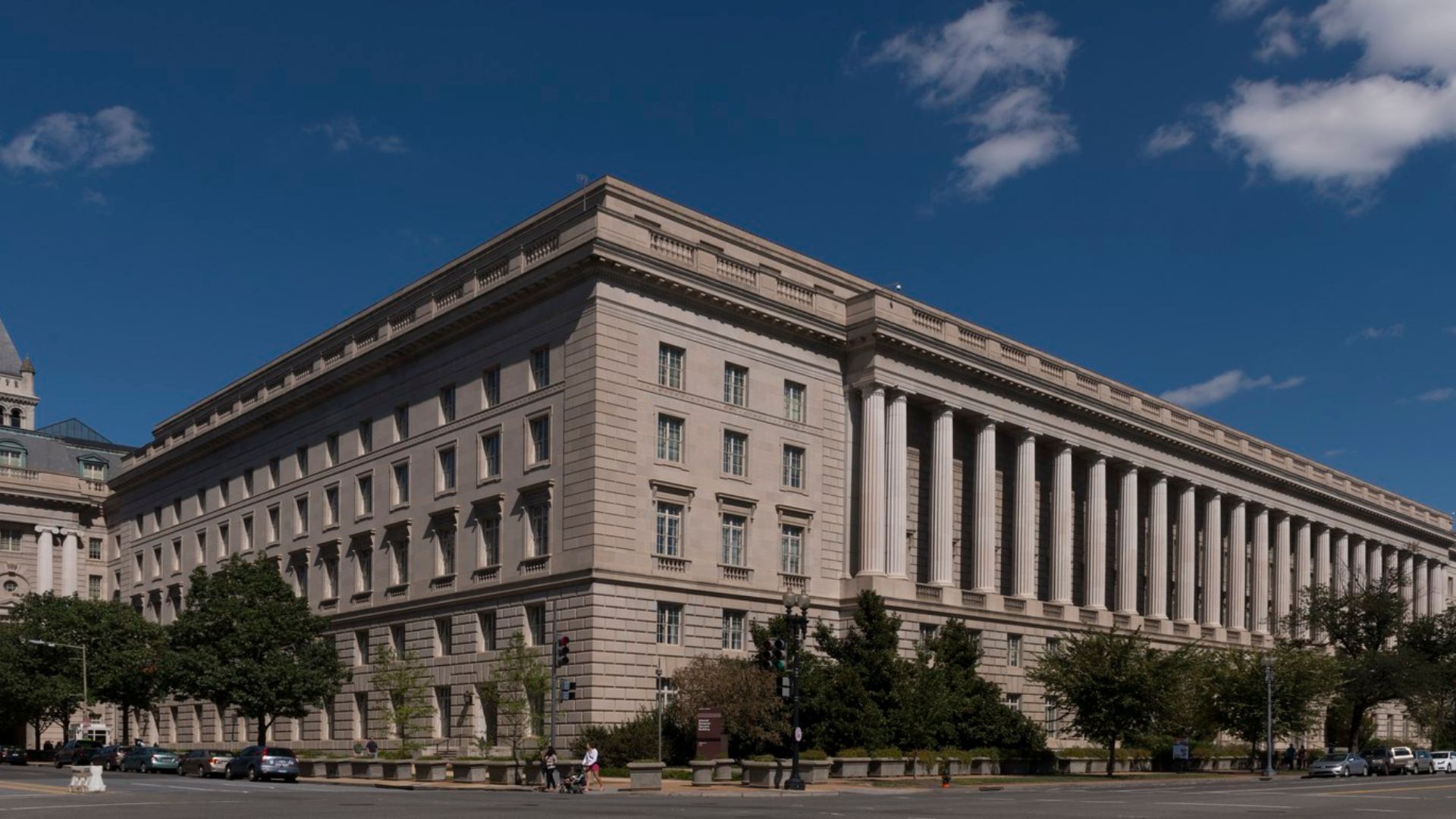
The proposed tax increase is intended to impact those benefiting most from lower capital gains rates, who are overwhelmingly white families.
Such measures are part of the administration’s strategy to financially address demographic imbalances that have long existed within the U.S. economic system.
Seeking Comprehensive Solutions

The necessity of finding effective measures to close the racial wealth gap is widely recognized.
“Narrowing the racial wealth divide is a noble cause,” Ryan acknowledges, stressing the need for targeted, multifaceted solutions beyond just taxing the investments of millionaires and billionaires.
Biden Targets Wealthy Americans

Biden’s latest tax policy on capital gains isn’t the only new vow he’s made when it comes to taxes.
Previously, Biden also promised Americans that he would take on the wealthy and the lack of taxes they pay every year. He also explained that he would target corporations that don’t pay their fair share in taxes, as well.
Cutting Taxes for Americans

In his State of the Union address, President Biden explained that he would target wealthy and rich corporations, but he would also cut taxes for middle and working-class Americans.
These proposed tax cuts and policies are a part of his fiscal budget for 2025, which would help to decrease the federal deficit by about $3 trillion over the next 10 years.
Americans Paying Their Fair Share of Taxes
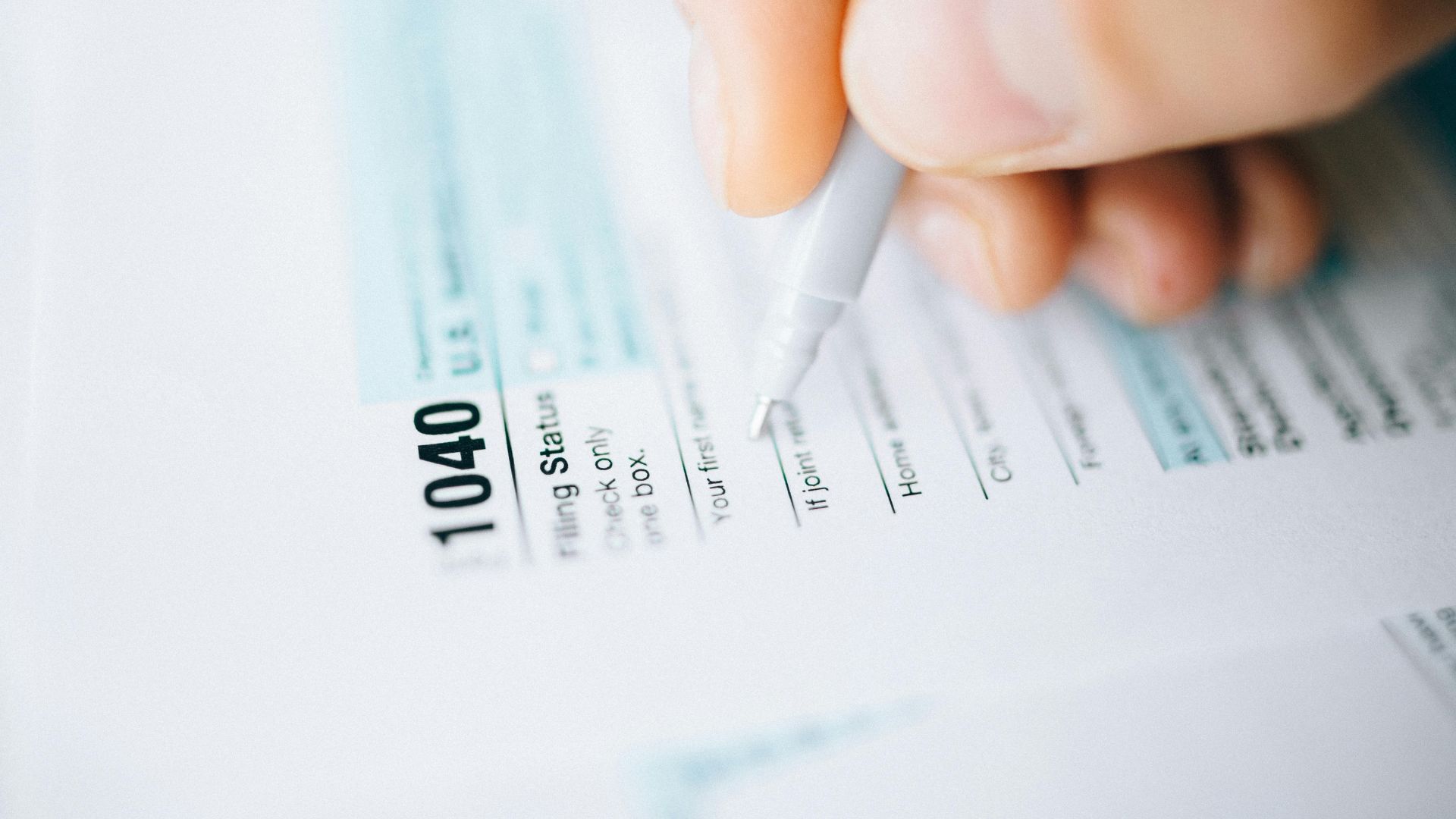
Biden explained that he was a capitalist — but he still wanted everyone, particularly the wealthy, to pay their fair share of taxes.
“I’m a capitalist. You want to make a million, or millions of bucks? That’s great. Just pay your fair share in taxes,” Biden said.
Going After Private Jets

Both the Biden administration and the IRS have seemingly made it their mission to go after the ultra-wealthy and their private jets.
Many wealthy citizens use business income reductions for the use of their corporate jets. The IRS has already targeted these citizens with audits, though Biden wants Congress to act on this as well.
Helping Americans With Taxes

The Biden administration has also announced that they would help average Americans with tax cuts.
Biden said he would extend certain tax cuts that were created during Trump’s era, including cuts for Americans who earned under $400,000. The president also promised to revive the Child Tax Credit expansion that was seen during COVID.
Making Taxes Fair?

While many critics have come out against Biden’s tax proposals, there are some supporters who have touted his ideas. Chuck Marr, the head of the Center on Budget and Policy Priorities, a left-leaning center, has applauded Biden’s moves.
According to Marr, these tax policies would be a “course correction” that would help make the tax system in the U.S. fairer for all Americans.
Will Americans See These Biden Tax Proposals?

The Biden administration has proposed these various tax changes for 2025. However, will American taxpayers even see these changes?
It all depends on how the November election goes. If Democrats win strong majorities in both the House and the Senate — and if Biden wins reelection — then these tax proposals may be seen in 2025.
